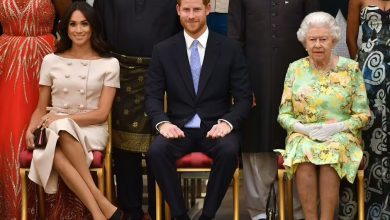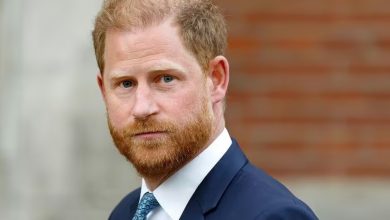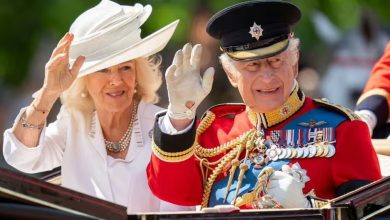Why King Charles III will be crowned in May – instead of June 2023 as tipped previously
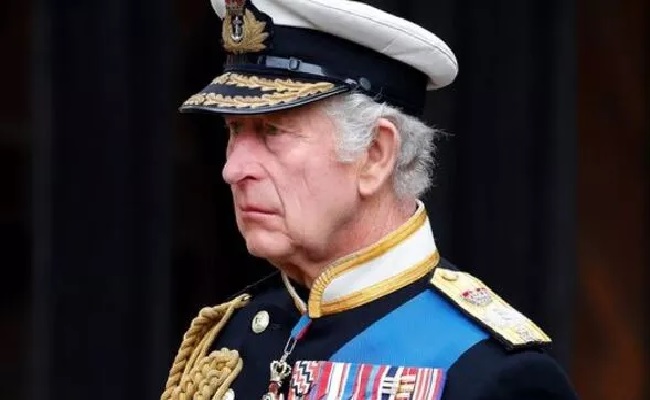
Buckingham Palace officially announced today the date of the ceremony during which the King will be crowned, which is confirmed as Saturday, May 6, 2023.
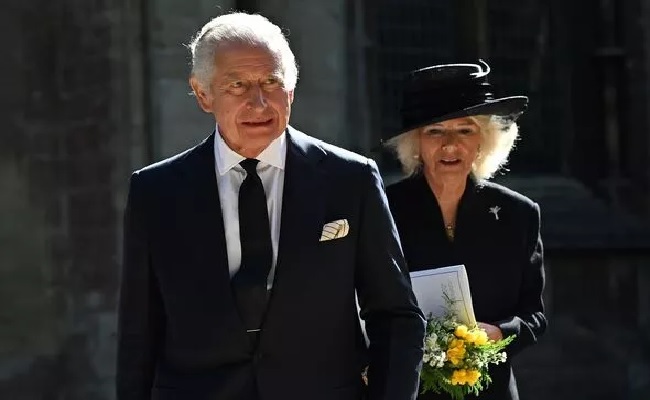
King Charles III’s coronation will take place in May, rather than in June, as it was reportedly suggested previously. Buckingham Palace officially announced today the date of the ceremony during which the King will be crowned, which is Saturday, May 6, 2023. Prior to the announcement, a date of June 2 was widely predicted for the ceremony, which would have coincided with the anniversary date of the late Queen Elizabeth II’s coronation back in 1953. However, the Mirror reported the King showed no interest in overshadowing the historic anniversary.
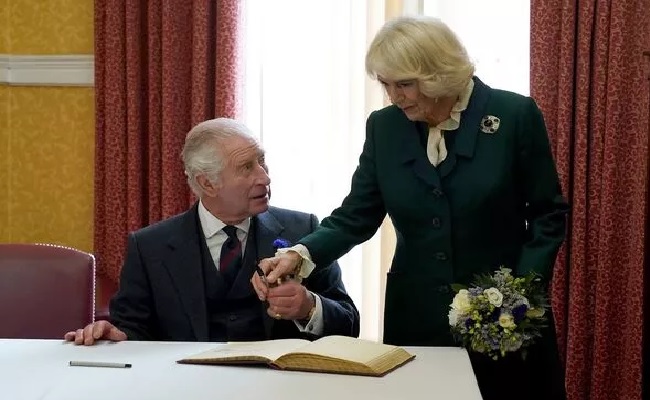
The Queen Consort, Camilla will be crowned alongside Charles, in the deeply religious affair that will take place in Westminster Abbey, eight months after the monarch’s accession and the death of the Queen. The Palace said the ceremony will be “rooted in longstanding traditions and pageantry” but also “reflect the monarch’s role today and look towards the future”. Charles III will be anointed with holy oil, receive the orb, coronation ring and sceptre, be crowned with the majestic St Edward’s Crown and blessed during the historic ceremony. Camilla will also be anointed with holy oil and crowned, just like the Queen Mother was when she was crowned Queen in 1937.
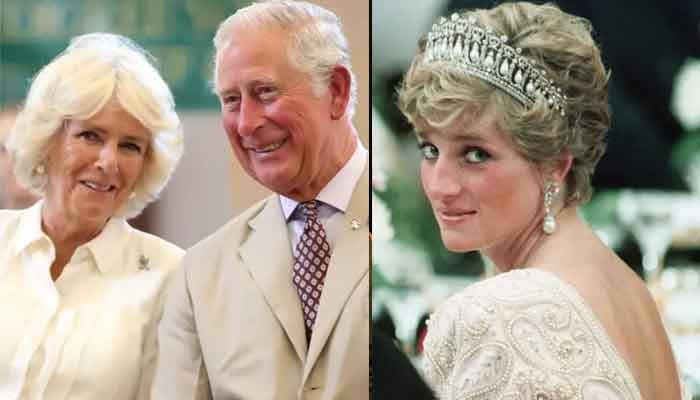
May 6 is also the birthday of the Duke and Duchess of Sussex’s son Archie – Charles’s grandson – who will be turning four on the day. Guest lists have yet to be confirmed for the spectacle, including whether or not Harry and Meghan will be invited or be able to travel from California to attend. The date was also the wedding anniversary of the late Queen’s sister Princess Margaret, while the King’s grandfather George VI held his coronation in the month of May. The Palace said the date was chosen in consultation with the Government, the Church of England and the Royal Household, but no further details have been given on why it was picked.
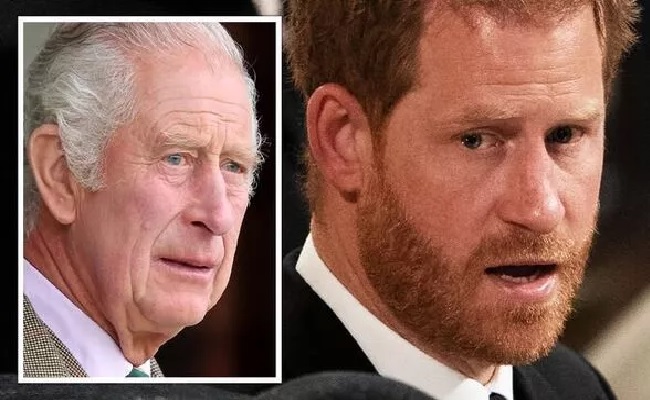
It is understood that the ceremony will include the same core elements of the traditional service, which has retained a similar structure for more than 1,000 years, while also recognising the spirit of our times. Charles’s coronation is expected to be on a smaller scale and shorter, with suggestions it could last just an hour rather than more than three hours. It is expected to be more reflective and inclsive of multi-faith Britain than past coronations but will be an Anglican service.
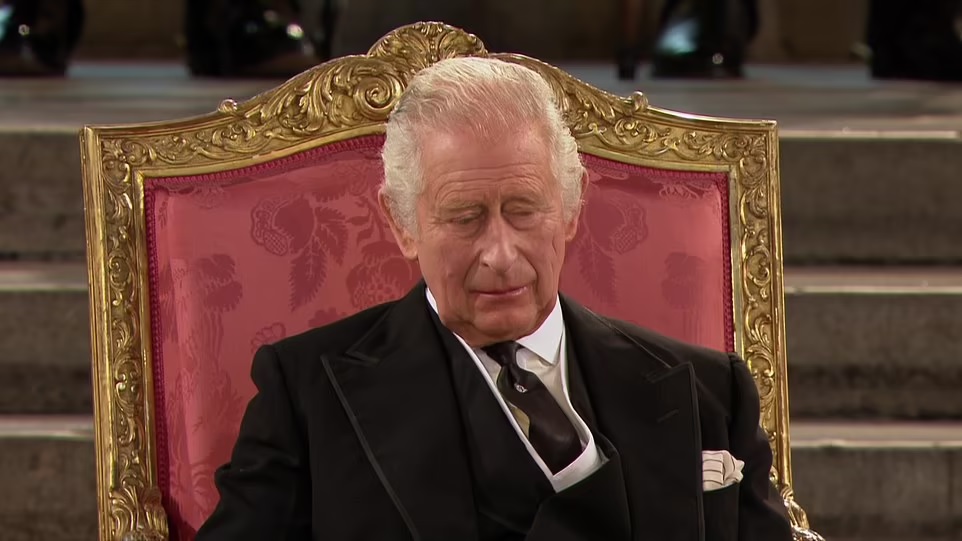
Guest numbers will be reduced from 8,000 to around 2,000, with peers expected to wear suits and dresses instead of ceremonial robes, and a number of rituals, such as the presentation of gold ingots, axed. Coronations have not traditionally been held on a weekend, with the late Queen’s taking place on a Tuesday. It has not yet been confirmed whether there will be any arrangements for a bank holiday. Further details are due to be released in due course, but the Government and the royal household will be conscious of the scale of the event in light of the cost-of-living crisis facing the country.
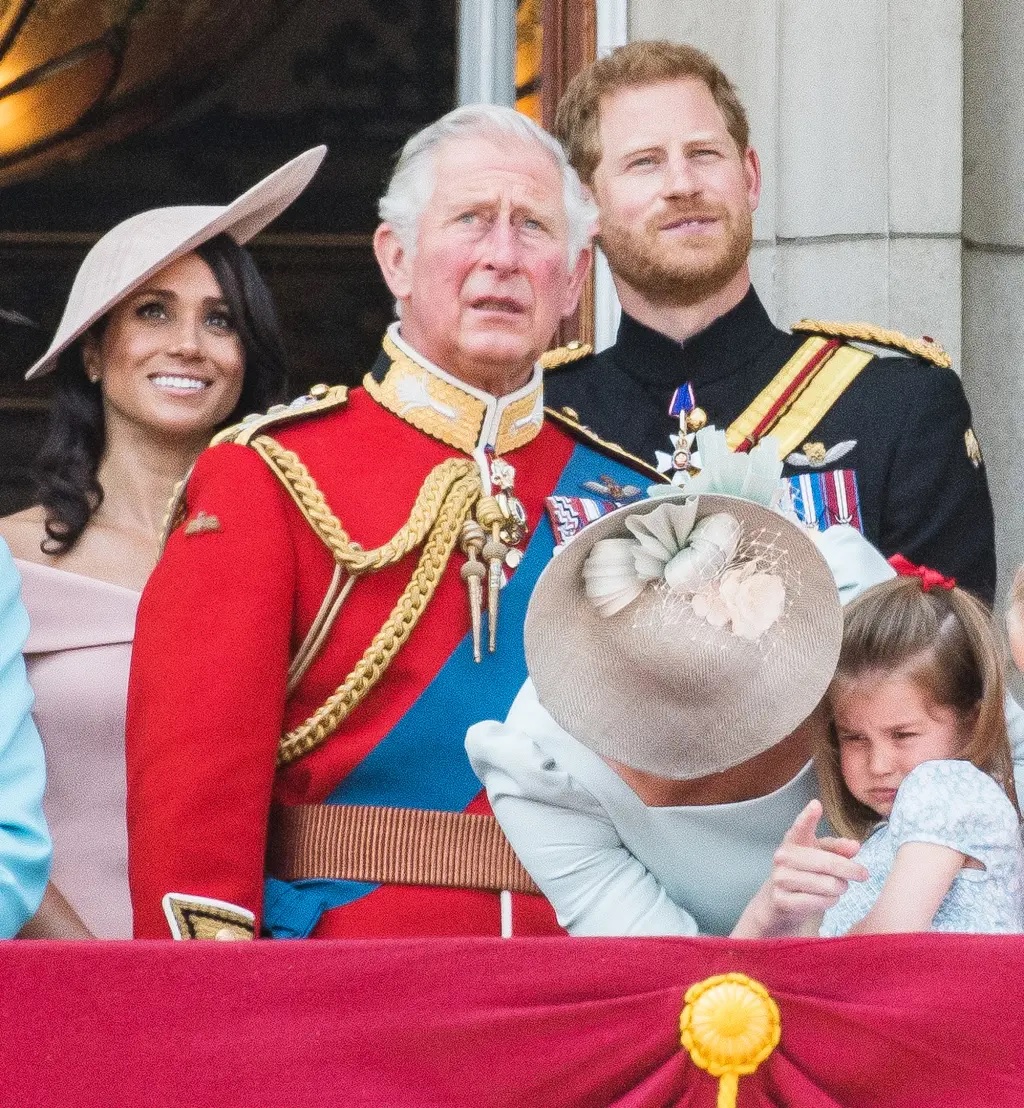
The late Queen’s coronation took place on June 2 1953 – 16 months after she became monarch, and there had been speculation Charles would opt for a June date close to or even on the 70th anniversary of his mother’s ceremony. Special seating structures were built inside the church at the time to increase the usual congregation from 2,000 to 8,000. Security will be heightened given the high-profile nature of the day. The King will be anointed, blessed and consecrated by the Archbishop. Charles is expected to sign a proclamation formally declaring the date of the coronation at a meeting of the Privy Council later this year. The King acceded to the throne on September 8, immediately on the death of his mother, Elizabeth II – the nation’s longest reigning monarch.
Plans for the major event are known by the codename Operation Golden Orb, which sets out the blueprint for the service and the pageantry surrounding it. Charles will be anointed by the Archbishop and take his oath to “maintain and preserve inviolably the settlement of the Church of England, and the doctrine worship, discipline, and government thereof, as the law established in England”. The Queen Consort will be crowned and take her place on a throne.
